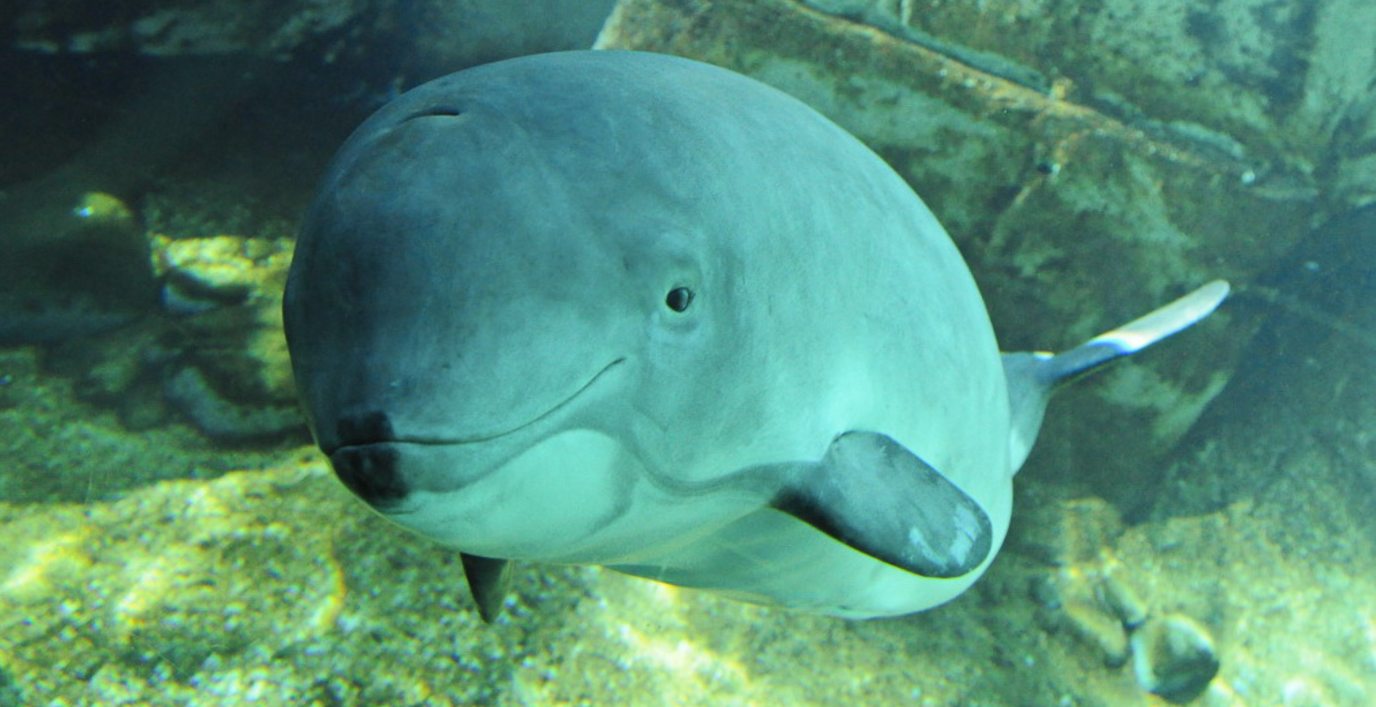
www.goodnewsnetwork.org
California Porpoises Rebound in a Big Way Following Ban on Indiscriminate Fishing Nets
The bans on gill nets in 1994 in California have caused coastal species like otter, harbor porpoises, and great white sharks to rebound.
Social & Lifestyle
After decades of use, gill nets and the fishing strategies that employ them have been banned by California law, providing a boon of sanctuary for seabirds, sharks, and the secretive harbor porpoise.
The years between 1987 and 2002 saw many gill net bans come into place in counties across the California coast, where before dead marine animals would wash up on beaches entangled in nets, causing outrage among locals.
Used literally for thousands of years, the gill net is an effective way of catching fish. The fibers snag on the fishes’ gills, but can also snare other animals like sharks, otters, seabirds, and harbor porpoises.
The latter—one of the smallest toothed whales on Earth, is a very secretive animal, and as such represents a challenge for marine biologists tracking their populations. Karin Forney, a marine biologist at the National Oceanic and Atmospheric Administration, has been studying them for three decades.
“Harbor porpoises show that if you stop killing them… they can return. That they’re capable of recovering,” Forney told the LA Times. “They have a resilience and they will rebound if we just let them.”
Rebounding could almost be considered an understatement. In the catch areas of Monterrey Bay, Morro Bay along the coast north of Santa Barbara, and the San Francisco and Russian River systems, harbor porpoise surveys have shown that since bans first started being implemented, the populations have added roughly 8,230 new members.
























































